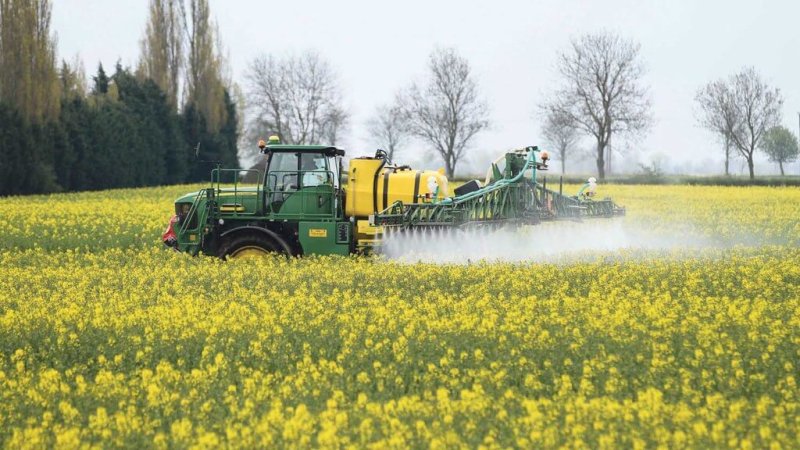A ban on five neonicotinoid pesticides [entered] into force in France on [August 31], placing the country at the forefront of a campaign against chemicals blamed for decimating critical populations of crop-pollinating bees.
The move has been hailed by beekeepers and environmental activists, but lamented by cereal and sugar beet farmers who claim there are no effective alternatives for protecting their valuable crops against insects.
With its ban, France has gone further than the European Union, which voted to outlaw the use of three neonicotinoids — clothianidin, imidacloprid and thiamethoxam — in crop fields.
Heavily agriculture-reliant France banned these three neonicotinoids plus thiacloprid and acetamiprid, not only outdoors but in greenhouses too.
…
Some French farmers are angry over the ban …. and say there is not enough evidence that neonicotinoids are responsible for bee decline.
“A large number (of agricultural producers) find themselves at a dramatic technical dead-end,” a collection of farmers’ bodies said in a joint statement calling for exemptions in sectors “where there are no alternatives, or insufficient ones” to neonicotinoids.
The ban, the groups claimed, “will exacerbate unfair competition with European and non-European producers” still allowed to use the pesticides.
Read full, original article: France’s ban on bee-killing pesticides begins Saturday































